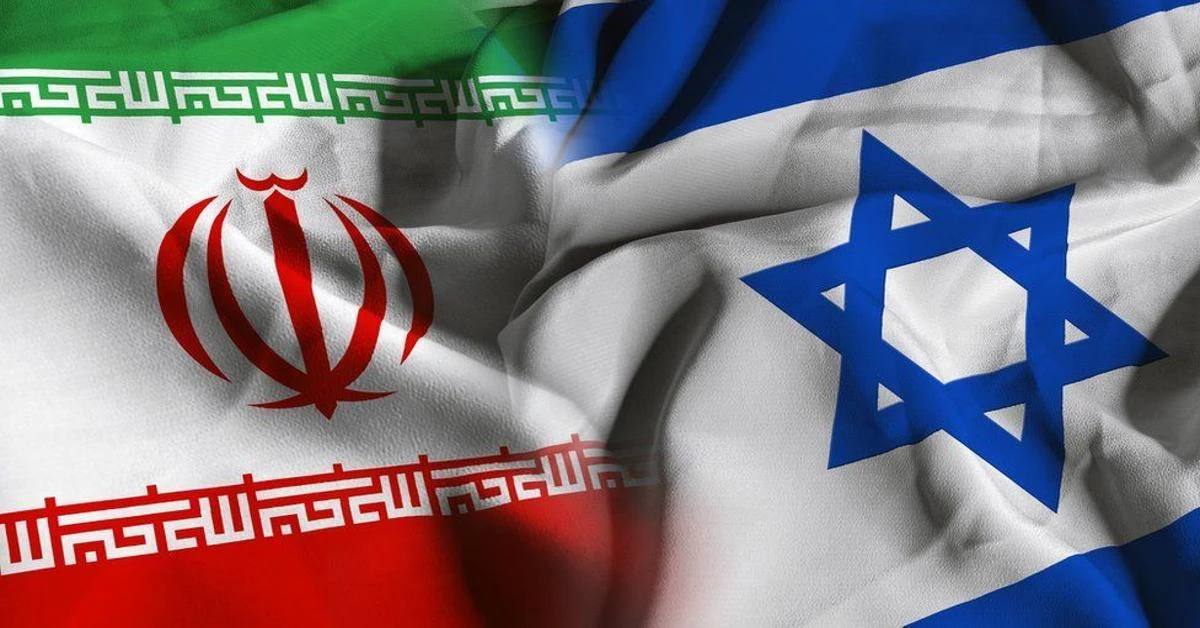Israeli Defense Forces confirm plans for counter-strike against Iranian forces

The Jerusalem Post reports the IDF has resolved on a counter-strike plan against Iran and its proxies, though the timing remains undecided
The Israel Defense Forces (IDF) have outlined their strategy in response to a recent surge in hostilities. According to The Jerusalem Post, the IDF has “decided how it will counter-strike Iran and its proxies,” though the timing of such actions remains undecided.
This strategic decision comes amid a period of intense conflict, marked by an unprecedented assault involving over 500 aerial threats from Iran and its affiliates.
IDF Chief of Staff Lt.-Gen. Herzi Halevi highlighted the precarious situation, emphasizing the importance of maintaining normalcy for citizens during Passover. “We are enabling a home front policy to at least give citizens this Passover week to live almost like normal because we completely trust you and your readiness,” Halevi stated during a visit to the Arrow air defense battery.
The situation on the ground remains tense. Following recent aggression, the IDF took decisive action on Tuesday, targeting and killing Ismail Yusef Baz, a senior Hezbollah commander. This response came after Hezbollah launched drones that injured three Israelis.
The backdrop to these hostilities includes a significant Iranian attack over the weekend, which was largely intercepted by Israel’s robust air defense systems. This attack followed the assassination of a high-ranking Islamic Revolutionary Guard Corps (IRGC) commander, viewed by Iran as a direct provocation.
Defense Minister Yoav Gallant sharply criticized Iran’s failed attempts to compromise Israel’s defense capabilities. “The Iranians failed in their attack, and they will fail to deter Israel. The skies of the Middle East are wide open for the [Israeli] air force. Every enemy that comes after us will be struck wherever they are,” Gallant declared.
Meanwhile, the situation in Gaza remains dire. The Hamas-run health ministry reports that the ongoing conflict has resulted in at least 33,843 fatalities, including 46 deaths in the last 24 hours alone. These figures underscore the severe impact of the broader regional conflict on Gaza’s civilian population.
As Israel prepares for possible further actions, the international community, led by figures such as President Joe Biden, is calling for restraint. In a recent conversation with Israeli Prime Minister Netanyahu, Biden referred to the minimal impact of the recent Iranian attack as a “win” for Israel, urging a restrained response to avoid further escalation.
Biden emphasized the importance of a strategic approach to conflict resolution that avoids unnecessary escalation, advocating for de-escalation and careful consideration of the broader implications of any military response.
Source: Newsroom



